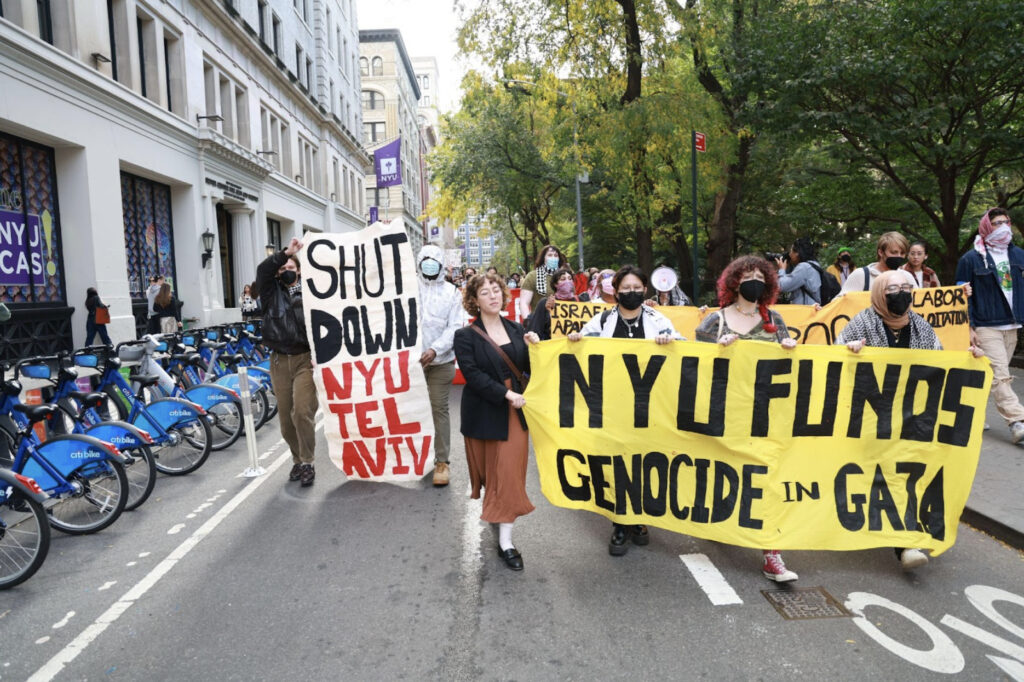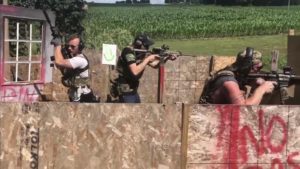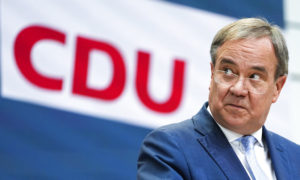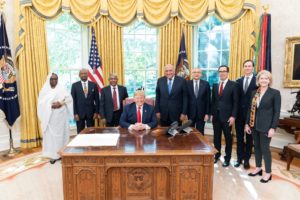
Henry Kissinger, the architect of many of the worst atrocities of the Cold War, died last week at 100 years old. His role in the indiscriminate bombing campaigns of Vietnam and Cambodia have long drawn criticism, something he never apologized for. It was such policies during the Vietnam War that, in part, launched some of the largest and most widespread anti-war protests in American history.
1968, in particular, was a watershed moment for anti-war student activism across the country. Thousands of student activists took part in the movement in the form of rallies, teach-ins, and walkouts. This included students at New York University, who not only demanded a stop to the carnage, but also directly challenged those who supported and funded the Vietnam War.
One of the earliest targets included Dow Chemical corporation, which had a recruitment office on the corner of Mercer St. and West 3rd St. near NYU, for their role in the production of napalm, an infamous tool of chemical warfare in Vietnam. Napalm, a jelly-like gasoline mix, adheres to everything it touches, including skin and can burn down to the bone. Student demands for an end to on-campus recruiting quickly evolved into confrontations and disruptions of job interviews and even protests against the school administration.
When such tactics failed, more aggressive actions ensued. This included disruptions of high profile speakers that drew widespread attention and condemnation from NYU administrators. In one case, students waved Viet Cong flags while a South Vietnamese diplomat spoke at an event on campus. At another event the very same night where an editor for the New York Times—who supported Nixon’s policies amidst the war —was speaking, students used a sofa as a ram to break into the auditorium, dismantling the loud speaker system.
The administration’s response was swift: they announced that the “barbaric” students involved would be identified and immediately suspended. While only one student was suspended and another barred from student activities, the attempt to suppress student speech was not left unnoticed.
These demonstrations were not only against the “genocide in Vietnam,” as the NYU and Columbia chapters of Students for a Democratic Society (SDS) put it. They also aimed to highlight the hypocrisy of “free speech” on college campuses. The SDS believed such rights only existed “ because the government [had] not felt it important to take it away.” Indeed, free speech is not truly free when students can be punished for speaking out.
The Vietnam War has continued to draw the ire of student activists at NYU, even decades later. When Henry Kissinger came to speak at NYU Stern in 2018, students disrupted his visit. It is perhaps ironic, then, that he died just as anti-war protests have once again consumed college campuses across America, including NYU.
A similar wave of activity has ensued since the 2023 Israeli military escalation in the Gaza Strip. Since October 7th, students at NYU have formed a coalition calling on the university to accurately address the violence and ethnic cleansing of Palestinians and support Palestinian students and their families. They are also repeating calls for NYU to cut ties with Israel, including shutting down NYU Tel Aviv, where Palestinian students have received student visa rejections and Pro-Palestine students are barred from enrolling by Israeli law.
Led by NYU Students for Justice in Palestine, this coalition includes diverse student and faculty groups such as NYU Jewish Voice for Peace, NYU Dissenters, NYU Young Democratic Socialists of America, Sunrise NYU, Faculty for Justice in Palestine, and Shut It Down NYU.
In the last two months, these students have organized numerous protests, sit-ins, teach-ins, and student walkouts, just like students during the Vietnam War. They have dropped banners in multiple NYU buildings, including Bobst Library and the Kimmel Center, which list the names of thousands of Palestinians killed since October.
In the 1960s, the military draft for the overseas war effort was a major focal point of anti-war protests. While Americans are not fighting on the ground today, student activists are calling out NYU’s complicity in the war in funding the genocide of Palestinians via investments and partnerships in companies like Lockheed Martin and refusing to stand in solidarity with its Palestinian students. In calls for an end to foreign intervention and funding war abroad, there is a clear correlation in protests on campus back then and today.
NYU SDS has recently relaunched, 50 years later, and is still dedicated to anti-war activism. From “the devastation that occurred in Vietnam […] to the ongoing genocide occurring in Palestine,” a NYU SDS representative explained that they will continue to organize students to “speak out and fight back against the oppressive institutions that participate in these crimes against humanity.”
The administration has long resisted student calls from pro-Palestinian groups, including student government resolutions passed in 2018 to demanding more transparency of enrollment at NYU Tel Aviv as well as divestment from companies associated with Israel. As recently as November 3, NYU spokesperson John Beckman again rejected student demands and reaffirmed the university’s commitment to NYU Tel Aviv.
Students were not surprised by the administration’s response, however. “Governments and institutions, like NYU, have tried their best to silence support for Palestine but our resistance must stay strong,” the representative from NYU SDS explained. Despite the pushback, they will continue “to educate, empower, and rally students […] to speak up against NYU’s support of Israel and its oppression against Palestine.”
Students at NYU organized for years until the end of the Vietnam War in 1975. As a short lived ceasefire in the Israel-Palestine conflict came to an end last week, and the bombs started raining down on Gaza once more, it seems that there will be no end in sight for protests on campus today either.



